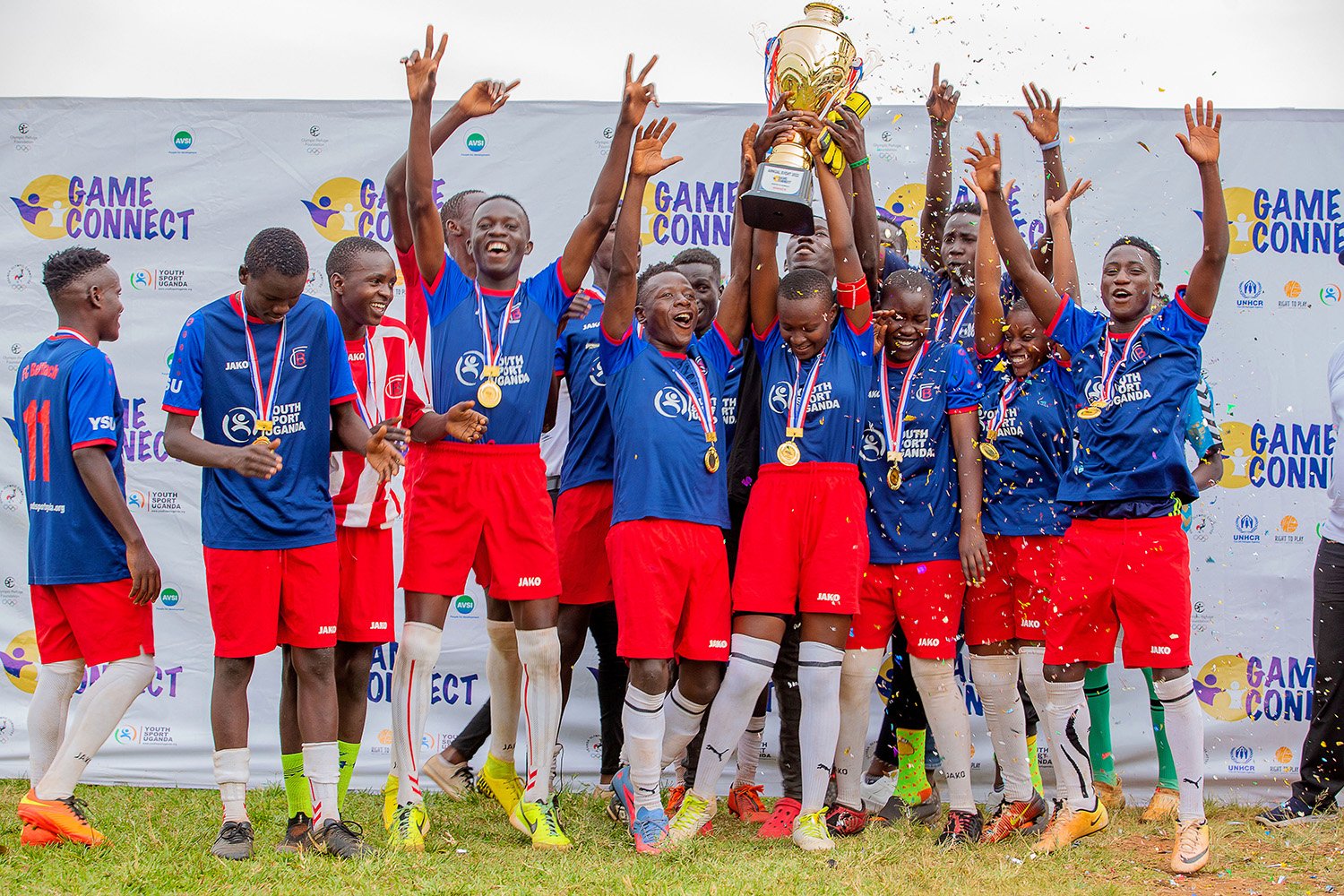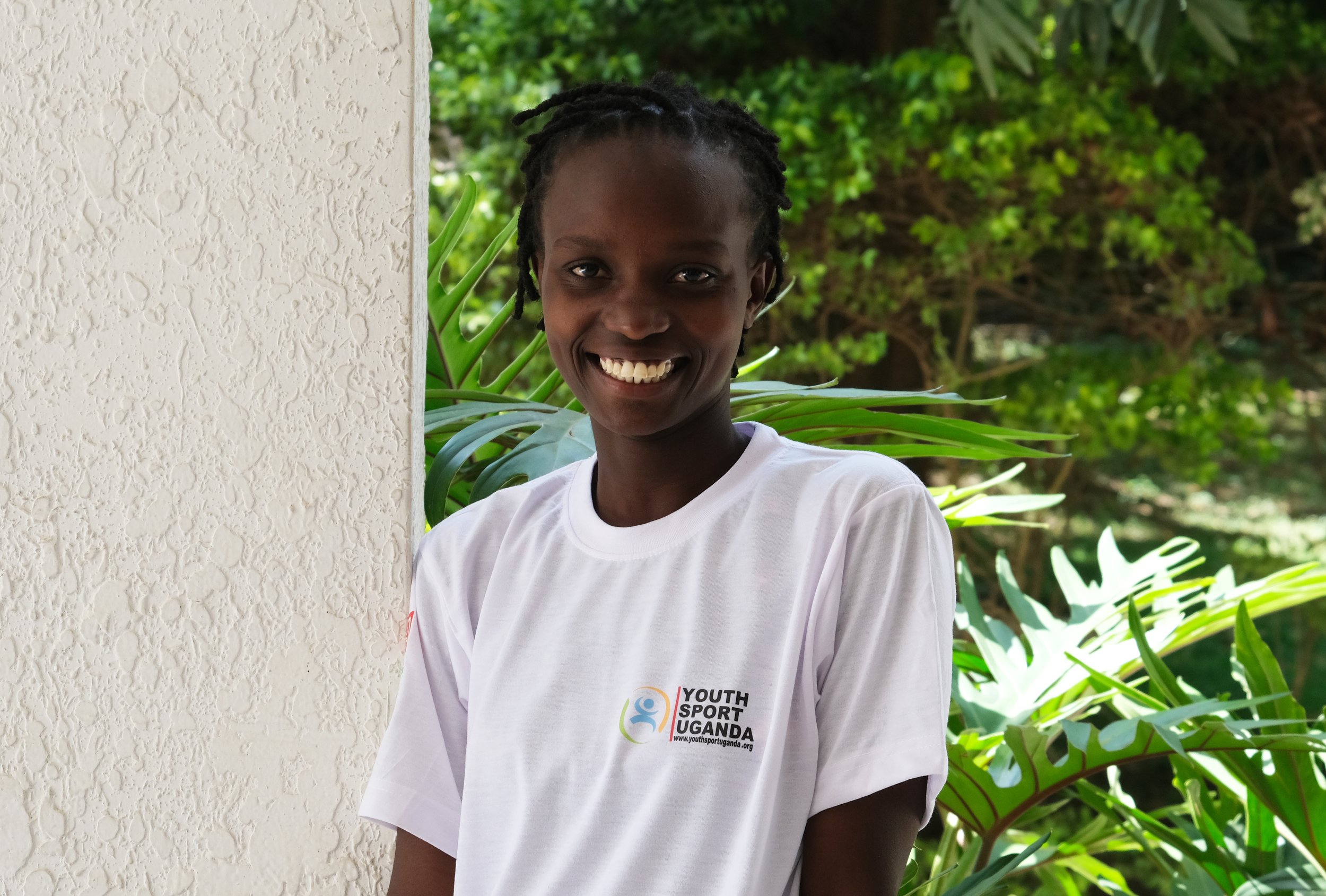
Uganda
Youth Sport Uganda (YSU)
Youth Sport Uganda (YSU) is a sport for development organisation that was established in 2006 with a mission to offer educational, health and life skills opportunities to vulnerable children and youth in Uganda.
YSU has reached more than 30,000 youth in schools and communities around Kampala through harnessing the power of sports.
YSU has various programs that use sports to influence youths’ behaviour, and these include:
The Water, Sanitation, and Hygiene (WASH) program, where WASH clubs are formed in the slums to address issues like shortages of clean water, poor hygiene, poor garbage disposal, and a lack of toilets/pit latrines.
The Menstrual Hygiene Management (MHM) program for girls and young women, where sanitary products are provided and knowledge on managing menstruation and personal hygiene is offered.
Programmes also equip young people with skills like tailoring for sustainable living and reduce inequalities through the Skills Development Program.
PARTICIPANTS
Vulnerable children and youth aged 6-23 who are living in informal settlements in Uganda.
LOCATIONS
Nationwide: Main areas of operations are Kampala, Mbale, Masindi and Butebo among other districts.
Regular football activities are in the slums of Acholi quarter, Kitintale, Gogonya, Kirombe, and Luzira among other slums.
Country statistics
159 out of 189 in Human Development Index rankings (UNDP, 2022)
$970 Average annual salary per person (World Bank, 2023)
52.1% of the population face multidimensional poverty (World Bank, 2019)
Uganda is a landlocked country in East-Central Africa bordering Democratic Republic of Congo and Kenya. It has a population of 50.8 million people with 3.8 million people living in capital city Kampala (Worldometer, 2025; CIA World Factbook, 2023). 20.3% of people live below the global poverty line (living on $2.15 per day) and Uganda’s food insecurity levels remain classified as ‘serious’ by the 2023 Global Hunger Index (WFP, 2025).
Uganda has one of the youngest and most rapidly growing populations in the world; its total fertility rate was among the world’s highest at close to 5.5 children per woman in 2022. As of 2024, it has the second youngest population by median age in the world, with an average age of 16.2. (CIA World Factbook).
Uganda hosts the highest number of refugees in Africa and one of the highest number of refugees in the world. More than 1.8 million refugees and asylum seekers have settled in the country – many of whom are fleeing conflicts in neighbouring countries South Sudan and the Democratic Republic of Congo (UNHCR, 2025).
More than 600,000 people were internally displaced in the country between 2008-2023 as a result of natural disasters, predominantly flash floods which have resulted in people dying and mass housing destruction (IDMC, 2023).
The current housing deficit is estimated at 2.4 million units, which is predominantly caused by a rapid rate of urbanisation and a growing population (Housing Finance Africa, 2023; UNDP, 2023).
As a result, many Ugandans live in informal settlements in urban centres. In the densely populated Kisenyi slum near capital city, Kampala, where some 24,000 people live, local charities estimate that there are around 3,500 children who are homeless.
Slums like Kisenyi have poor sanitation and inadequate healthcare facilities as well as limited access to electricity and high rates of crime and drug use (Euronews, 2024; The Guardian, 2020).
A 2021 Uganda Bureau of Statistics report found that 95% of women and girls have experienced some form of violence —physical, sexual, emotional, or economic (UN Uganda, 2024).
The 2023 Anti-Homosexuality Act criminalised people in Uganda who identify as LGBTQ+, with same sex relationships punishable by lengthy prison sentences and in some cases the death penalty. There is a concern that this will also lead to higher rates of homelessness as members of the LGBTQ+ community are at risk of eviction from their homes (Human Rights Watch, 2024; AP, 2023).
STORIES from the region










